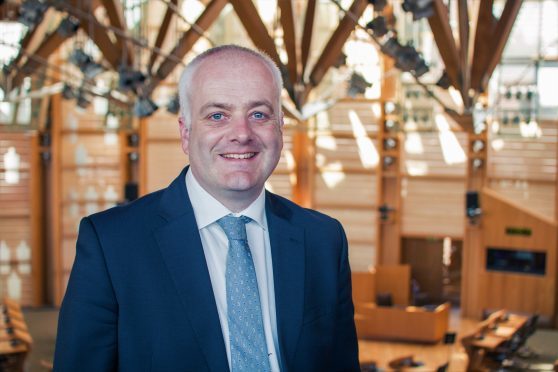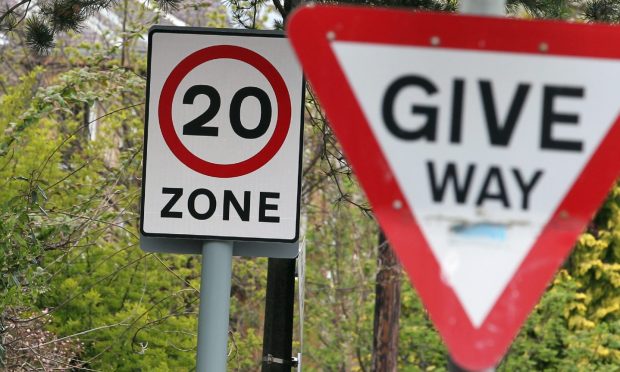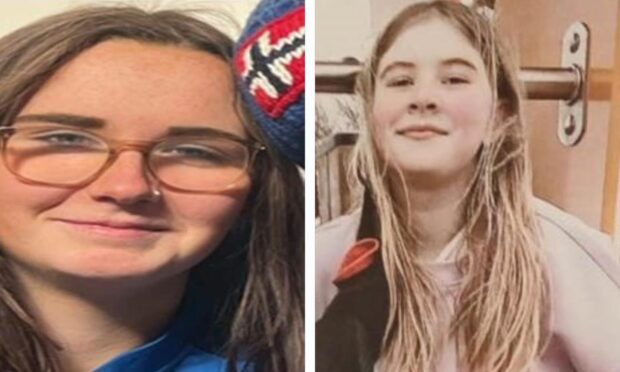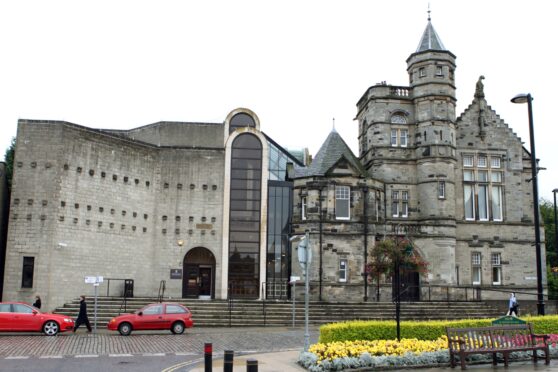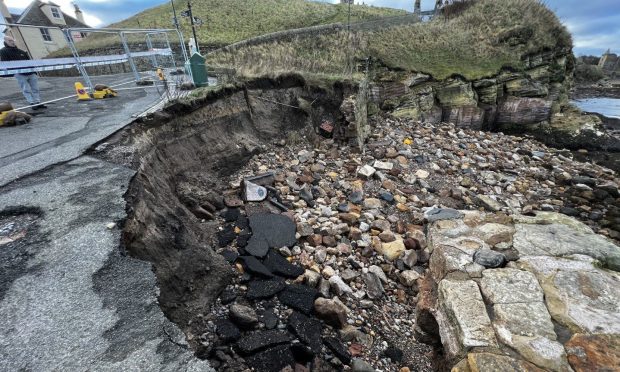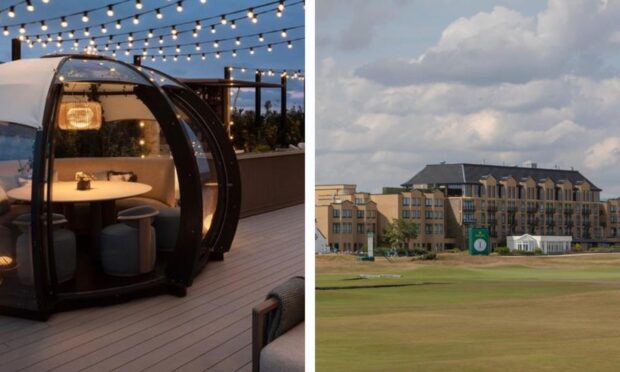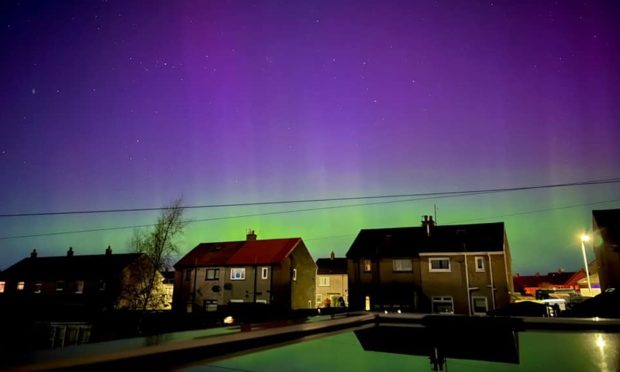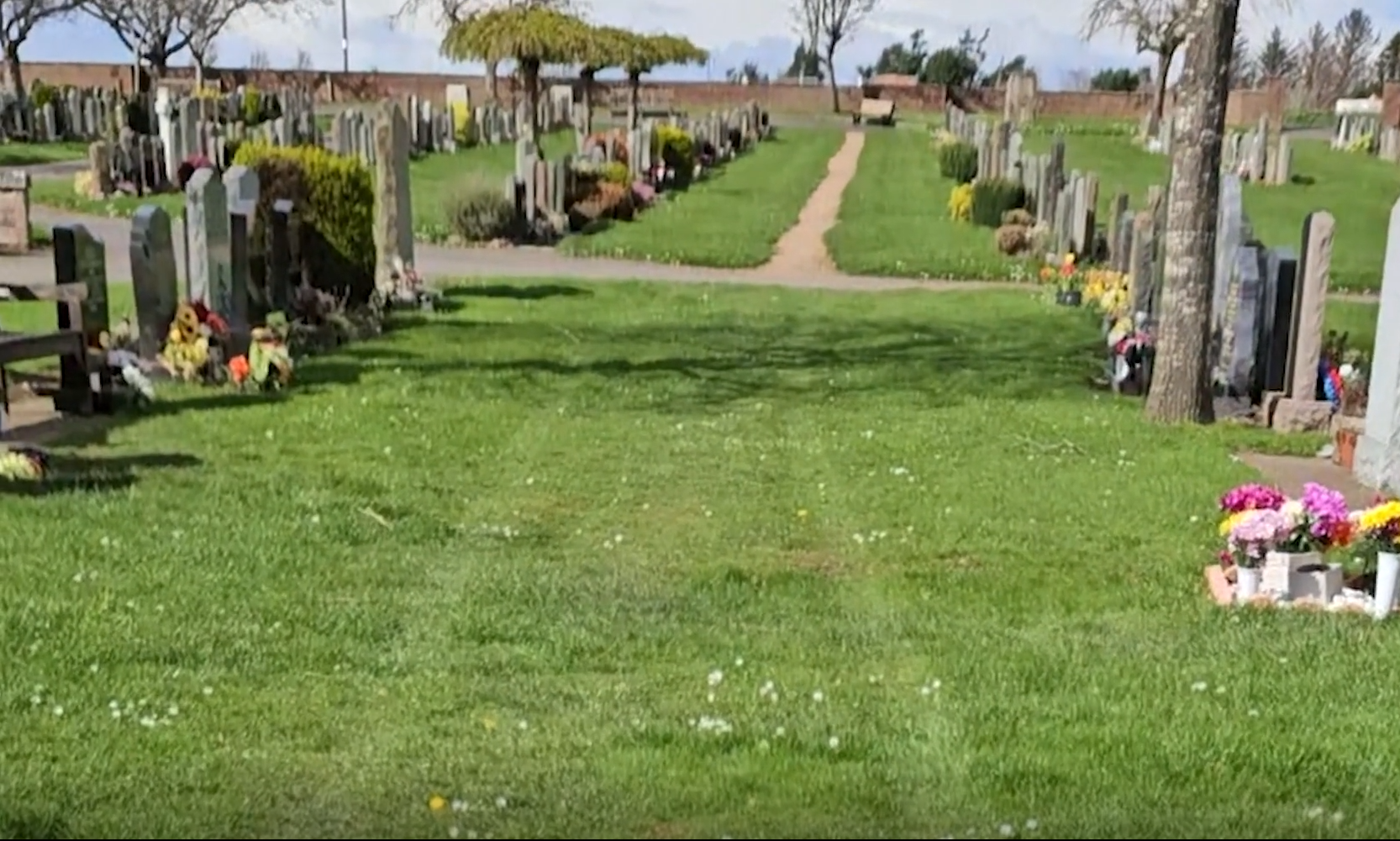Fife Council is missing out on more than £500,000 in taxes from holiday home owners, according to a Green MSP.
Mark Ruskell said funds could be ploughed into public services if owners of self-catering properties paid non-domestic rates.
“This is money that could be invested to improve public transport for example, but instead these businesses are drawing on local services while locking up properties from the local housing market,” he said.
“In addition there are probably many hundreds of properties which are not registered and are completely slipping through the tax net.
“The Scottish Government is subsidising these businesses through rates relief to the tune of over half a million pounds a year in the East Neuk.
“We need to understand the impact of this growing, largely unregulated tourism economy and ensure that it pays its way. Removing the full rates exemption for these properties would be a first step.”
There are an estimated 500 registered self-catering properties across St Andrews, Pittenweem, Anstruther, Elie, Kingsbarns, Crail and St Monans.
Under the Scottish Government’s Small Business Bonus Scheme, properties with a rateable value of £15,000 or less are granted a 100% tax relief.
But this could change following the Barclay review into non-domestic rates, which has been welcomed by Fife Council.
The Barclay report recommended that the Small Business Bonus Scheme be reviewed.
It said to prevent tax avoidance by owners or occupiers of self-catering properties, they should prove an intention let for 140 days in the year and evidence of actual letting for 70 days.
Les Robertson, Fife Council’s head of revenue and commercial services, said: “Fife Council welcomes the Barclay review of rates which highlights this as an issue and which Fife Council has raised with Scottish Government.
“We are waiting for the full detail of the proposals and will give them close consideration when we receive them.
“Currently these properties do not pay council tax and in most cases receive 100% relief from rates, but they are required to pay for commercial refuge collection, metered water service charges and must have the correct insurance cover for a holiday let.”
A Scottish Government spokesperson said: “We are aware of the position regarding holiday lets and local taxation, informed by our engagement with local authorities including Fife Council, and have published research on the supply and demand for short-term lets.
“The research was commissioned to inform the work of our Expert Advisory Panel on the Collaborative Economy who are due to report to ministers by the end of the year.
“The Barclay review of non-domestic rates recommended amending the local tax treatment of self-catering property. We have accepted that recommendation and will set out more detail in a wider implementation plan by the end of the year.”
